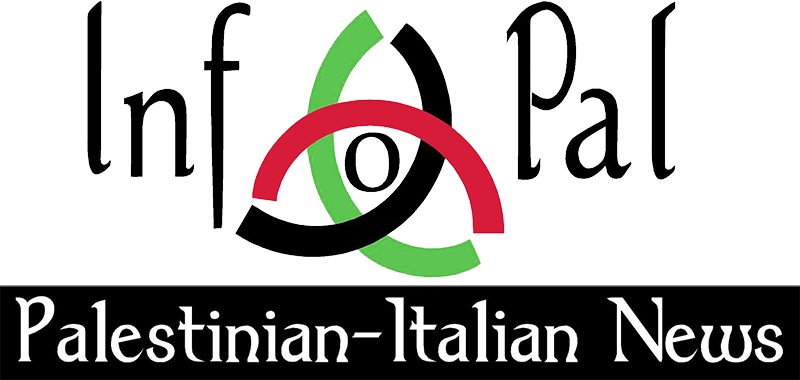UN opposes executing AlNimr, Alkhalifa intensify crackdown on Bahrainis
The Saudi insistence on executing and crucifying Sheikh Nimr Al Nimr has been met with fierce resistance from the world community. On 28th October the Spokesperson for Ban Ki Moon told reporters that he is against the sentence. He said: The Secretary General noted with concern the decision by the court to uphold the death sentence against Sheikh Nimr Al Nimr despite numerous international calls to pardon him. The Secretary General urges the Kingdom of Saudi Arabia to commute all death sentences including that against the Sheikh and declaring a moratorium on all capital punishment “. At the same time the Saudi aggression on Yemen may be halted after almost all participants have expressed unwillingness to continue. The UK’s Foreign Secretary who was on official visit to Riyadh last week announced that the aggression would stop soon. He had negotiated with the Saudis the case of a British citizen and declared that Briton Karl Andree ‘to be released from Saudi prison’. The Saudis will face the bitter defeat, having failed to impose their agents as rulers of Yemeni people. To most Yemenis those agents are traitors who condoned the destruction of their country at the hands of the Saudi enemies.
The British Foreign Secretary has been condemned by human rights activists and journalists for appearing with his Alkhalifa counterpart digging the foundation of the new British naval base in Bahrain. On the political scene he is likely to be humiliated further on his policy to appease dictators and torturers. Last month The UK cancelled a £5.9m deal to provide “training needs analysis” for Saudi prison service staff. While in Bahrain the regime continued its cruel treatment and attacks on the natives. These attacks escalated the day after the “Manama Dialogue” conference, with at least 45 natives arrested yesterday alone. Several children were among those detained in the early hours during raids on their homes in 22 areas. Among them are: Hamid Ali AlTall, from Tubli, Hassan Mohammad Ali Sheikh Yousuf (Nuwaidrat), Ahmad Essa Ahmad (AlHamala), Mahmood Saeed (Nabih Saleh), Mohammad Jaffar Madan (Barbar), Sayed Abdul Ilah Sayed Ali AlMahafdah (Barbar), Ali AlSheikh (Sitra), Hussain KalZaman (Manama), Sayed Hussain AlHallai (Manama), Ali Redha Ashoor (Sitra-AlGirya), Muntadhar Ahmad AlNasooh (AlDair), Sayed Ahmad AlJawai (Malikiya), Jassim Mohammad Abdulla (Malikiya), Sayed Ahmad Mohammad (Malikiya), Salman Ali Salman (AlDair), Sayed Ali Mustafa (AlDair), Ali Abdul Jalil (Brother of Martyr Mohammad Abdul Jalil, Karbabad) and Mohammad Jamil (AlDaih).
On 27th October Early Day Motion No 607 was launched at UK’s Parliament calling for the release of opposition leaders in Bahrain. It says: “That this House expresses dismay at the ongoing human rights violations in Bahrain, especially the detention of opposition leaders like Sheikh Ali Salman, Ebrahim Sharif, Fadhel Abbas, Majid Milad and others; believes that many arrests and detentions in Bahrain are unjust and are linked to people exercising their right to freedom of expression and opinion; and calls on the Government to act to help secure the release of all prisoners of conscience in Bahrain”. It has been signed by 12 MPs so far.
Meanwhile the chances of the disgraced Salman Alkhalifa winning the Fifa presidency were dealt a new severe blow yesterday. A Bahraini footballer told ITV that he had been ill-treated by the Alkhalifa rulers. Hakeem Al Oraibi, who now lives in exile, told ITV News he was tortured and beaten for three hours. He said he was actually playing a match at the time of his alleged offence. Alkhalifa denies any involvement in persecuting native Bahraini athletes despite overwhelming evidence against him.
On another level Freedom House has published its annual ratings of countries on the scale of democracy and human rights. Bahrain’s political rights rating declined from 6 to 7 due to grave flaws in the 2014 legislative elections and the government’s unwillingness to address long-standing grievances among the majority Shiite community about the drawing of electoral districts and the possibility of fair representation.
The legality of building the British base in Bahrain has been seriously questioned. An exiled member of the Bahraini parliament told Middle East Eye: “There is a big question mark over the constitutionality of the project,” said Jawad Fairooz, an opposition activist now based in London. According to Article 37 of the 2002 constitution, any treaties “relating to state territory, natural resources rights of sovereignty” must be made after consultation with the parliament rather than being handed down by the king as decrees. However, according to Fairooz, the Bahraini parliament had as yet not been consulted on the project. “Using the land of Bahrain for a foreign base is certainly related to the country’s sovereignty – not to mention the fact that some of the budget is being spent on the base,” he said.
Bahrain Freedom Movement
4th October 2015
